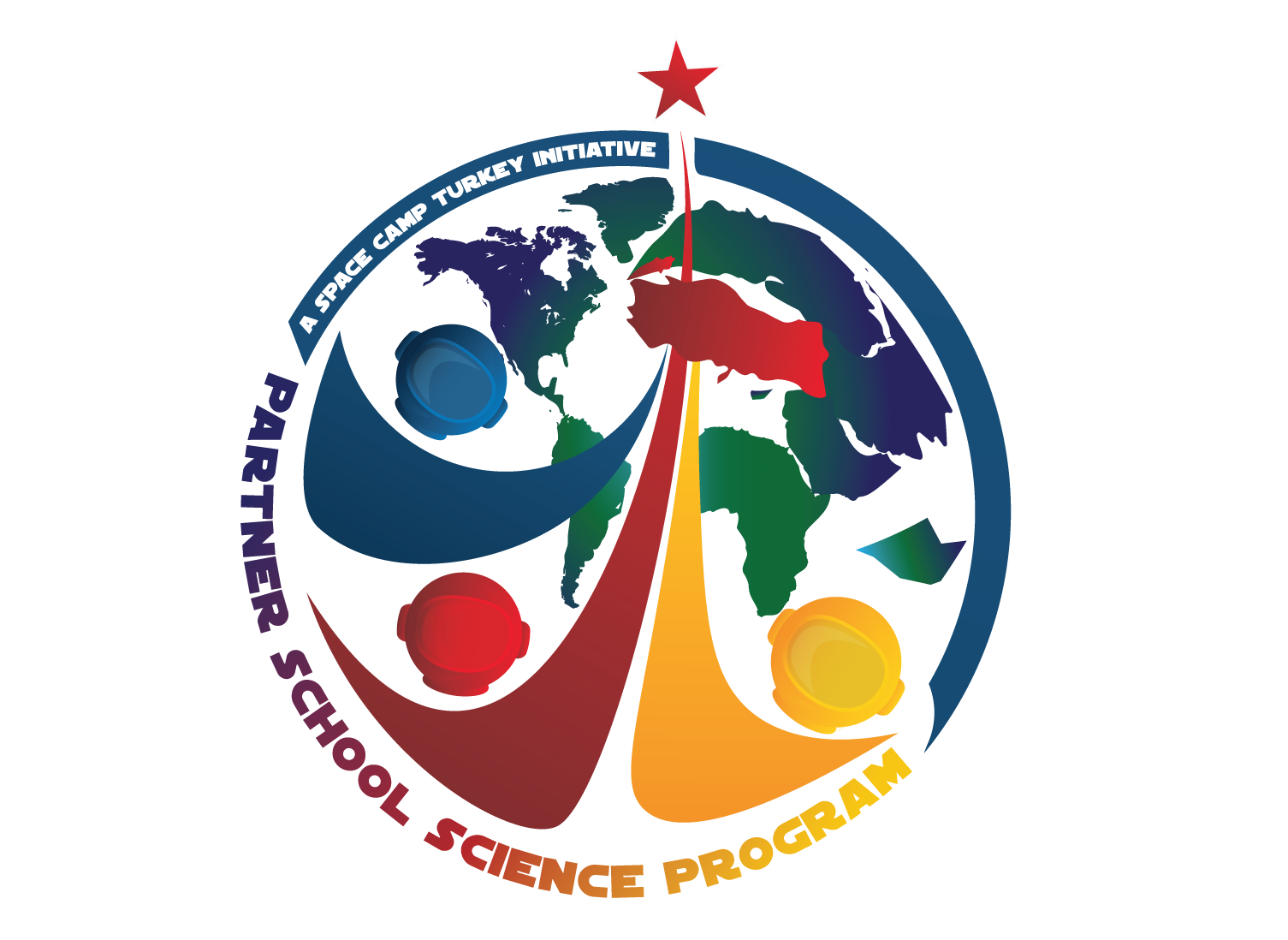- Engage: The Engage activity prompts students to establish connections between past and present learning, aiding them in anticipating and focusing on current lessons.
- Explore: During activities falling under this category, students identify and develop new concepts, processes, and skills. Such engagements empower students to learn, explore, understand changes in the world around them.
- Explain: Articulating and demonstrating the skills and knowledge acquired allows students to enhance their comprehension of the material.
- Elaborate: This phase extends students understanding and provides them with an opportunity to practice the acquired skills. The application of these skills fosters a deeper and broader understanding of the concepts.
- Evaluate: Encouraging students to reflect and assess their newly acquired skills and abilities serves a dual purpose. It not only enhances students self-awareness but also provides teachers with valuable insights into the extent of students learning regarding Key Competences and the development of new skills throughout the process.


Partner School Science Program Guide to Teaching
In order to cater to the needs of our participating schools, Space Camp Türkiye employs a unique amalgamation of two distinct educational approaches. One is derived from NASA-based learning materials, a proven system, particularly effective in Science, Technology, Engineering, Art, and Math (STEAM) related subjects. This educational method, known as the Five E's – Engage, Explore, Explain, Elaborate, and Evaluate, adopts a Constructivist Approach to teaching. Here, students utilize prior knowledge to construct a new understanding of concepts.
The second approach draws from a reference tool provided by the European Union (EU) and its European Commission project designed to enhance education and teacher training. This reference tool, known as Key Competences, identifies 8 competences that students will strengthen throughout the activities, underscoring the advantages of participating in the Future Explorers Program. These competences serve as focal points for teachers to concentrate on what the students are learning.
CONSTRUCTIVISM
Constructivism is an instructional approach that leverages students existing knowledge and skills by presenting questions and problems that prompt critical thinking about the subject, encouraging independent exploration. In this context, the teacher transitions into a guide or facilitator of learning, departing from the traditional instructor role. At this stage, students are no longer provided with explicit instructions on what to learn. Instead, they utilize their existing knowledge to independently construct new ideas and information.
FIVE E's (NASA and SCT's Teaching Approach)
KEY COMPETENCES
The 8 Key Competences:
- Communication in the Mother Tongue – (listening, speaking, reading, and writing): The ability to fully express ideas by both speaking and writing in the student’s native language and culture.
- Communication in Foreign Language: In addition to communicating in a foreign language – also intercultural understanding and the ability for the students to understand and express themselves to foreigners.
- Mathematical Competence and Basic Competences in Science and Technology: The ability to apply mathematical thinking to solve everyday problems.
- Digital Competences: Confident and critical use of the basic skills of communication technology.
- Learning to Learn: The ability for the student to learn and organize learning within groups and by themselves in a useful way.
- Social and Civic Competences: The ability to understand people and certain situations in life in a way that allows for participation in society in a positive and beneficial way. Makes students become much more active and productive members of a democratic society.
- Sense of Initiative and Entrepreneurship: The ability to turn ideas into reality using creativity and innovation – also to plan and manage these new projects in a way to achieve goals.
- Cultural Awareness and Expression: Learning and appreciating the importance of expressing different ideas.
